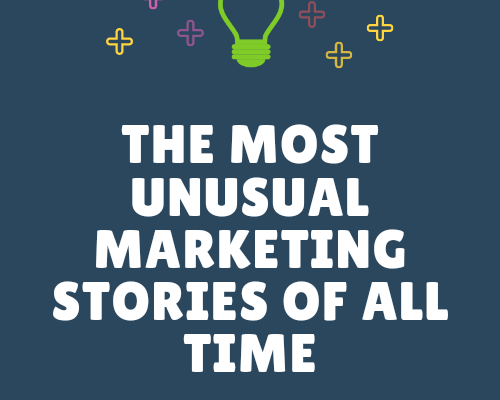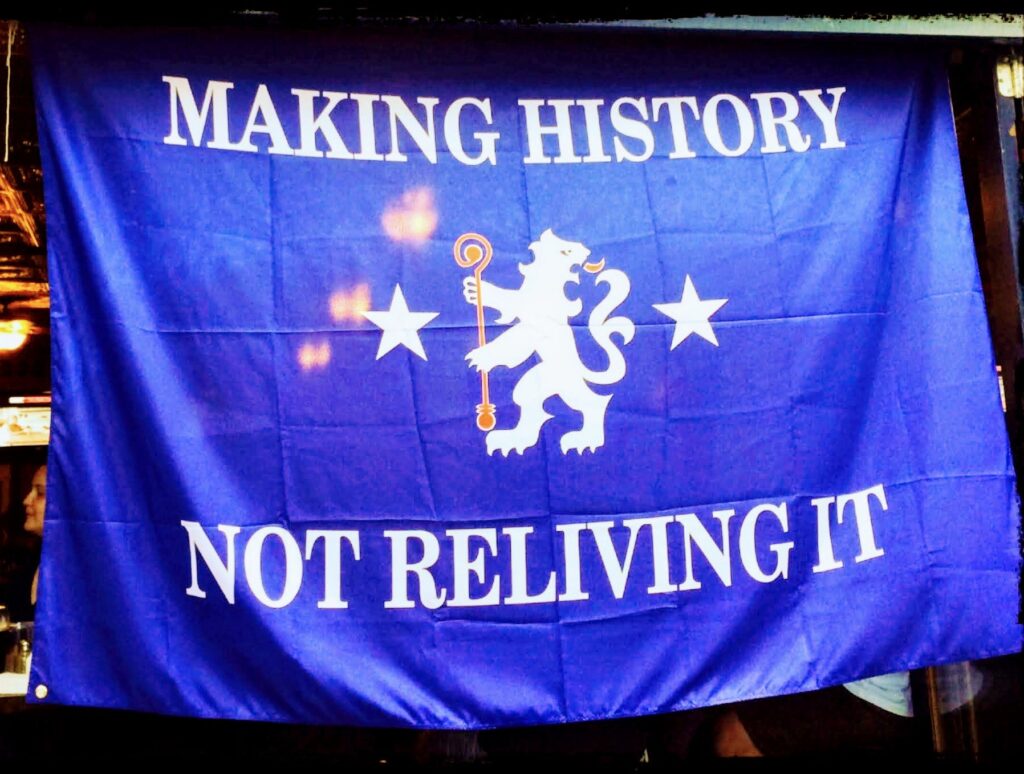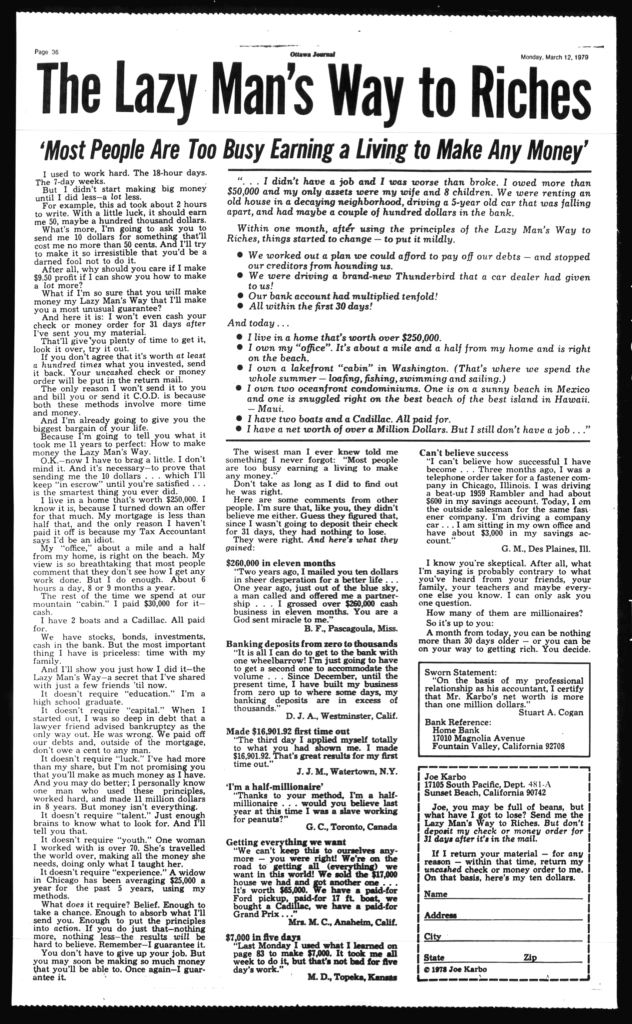The Most Unusual Marketing Stories of All Time IV: Christianity
As at the time of Jesus’ death, even after walking the length and breadth of Israel for 3 and a half years, he mostly had just a small core following – 11 disciples and a few friends here and there, like Lazarus, and his sisters.
Even the affluent ones like Nicodemus and Joseph of Arimathea were low key.
So, how did one of the greatest group explosions occur?
How did the early Christians get up to 3,000 & 5,000 people to join them at once on two different days?
What Made It Work?
How did they carry out one of the greatest marketing strategies the world has ever known and yet hasn’t been able to figure out?
Mind you, I’m not about to say anything spiritual.
I just want to explain in marketing terms how a small business can be grown using the early Christian church growth strategy.
1. Minimum Viable Audience
According to Seth Godin, here’s how it works: “If you can find an audience of people who, if they were to care about you, if they were to embrace you, if they were to dance with you, it would be sufficient to propel you to the next step, begin there. And if what you make and share with them is amazing, they will tell the others.”
In the creator economy, it is said you need just 1,000 core fans to earn and sustain a living.
1,000 core fans that can go to war for you.
1,000 core fans that can buy everything you put out.
Jesus needed just 11.
This also ties in with the next point.
2. Word Of Mouth Marketing
“In the name of Jesus, Amen.”
Probably the most powerful and most spoken 6 words in the history of religion and mankind.
After the death of Jesus, his disciples preached and carried out works in his name.
Note that last part – in his name.
There is nothing as powerful as someone recommending your product or service to someone else who hasn’t met you or knows you. Or hasn’t used your stuff.
Or even if they’ve heard of you before, a recommendation further lends more credibility to your product/service offering.
Imagine people who had already heard of the eccentric preacher but never met him? Then going out and hearing people preach in his name.
Even get beaten, dragged and ridiculed for his name.
Crazy!
You need people to talk about the awesomeness of your products. That’s why Apple is regarded as a cult.
3. Be Different
Jesus was eccentric. He spoke truth to power. He dined with tax collectors and politicians. He talked the scriptures flawlessly. He was friends with sinners. He walked around with a ragtag band of loyal followers.
But in all of this, he was different.
The Bible says a couple of times “they’d never seen anyone or heard anyone speak like this man.”
You can be a white or black or brown cow and nobody will notice you. But imagine being a purple cow.
Your prospect sees a lot of people trying to sell the same thing you’re trying to sell to them, so why should they listen to you?
Why should they give you their time?
Because they think you’re worth it because you’re different.
4. Testimonials/Proof
I tell my students this all the time that first people will ignore you, then they laugh at you, then they fight you, then they ask you how you do it, then they become fans of your work and then you win.
But you have to prove it first.
That’s why proof is important. It’s your biggest weapon against doubters and naysayers.
It’s how you turn them into fans.
5. Relatability
Jesus’ disciples were mostly laymen with no formal education or scriptural training.
Some were fishermen.
One was a zealot or protester.
Others were almost obscure people.
But that’s one thing that worked in their favour – you could relate with them.
This is something that your customers need – they want to be able to relate with either you the product or service creator, or the product or service you’re offering.
Think about Eminem. Think about Coca-Cola.
Is your brand relatable?
6. Authority/Conviction
Remember these were laymen with little or no formal education or scriptural training.
But one thing marketing has proven time and over again is that when you believe in your product, it shows in how you talk about it.
The Bible says, “they spoke with authority and power.”
How much conviction do you speak with when describing your product?
Do you talk about your craft with passion?
How knowledgeable are you about your audience and product?
If someone stops you in the middle of nowhere, can you have a conversation with them about your business without needing any help or guides?
7. Value
How much value are you giving away? Free stuff? Discounts? Quality Help?
This was what the disciples did with their miracles and acts of kindness.
And it further proves that people don’t necessarily care about you.
But they care about what you can do for them.
This is the root of human relationships.
It’s how you build bridges – by giving something away.
And the law of reciprocity always works for generous people and businesses – as long as you ensure it doesn’t hurt your business.
Your customers will give you something back.
I hope this helps you.
– Uche
PS: You should also follow me on www.twitter.com/ucheokorolive where I tweet things I’d naturally not say here.








